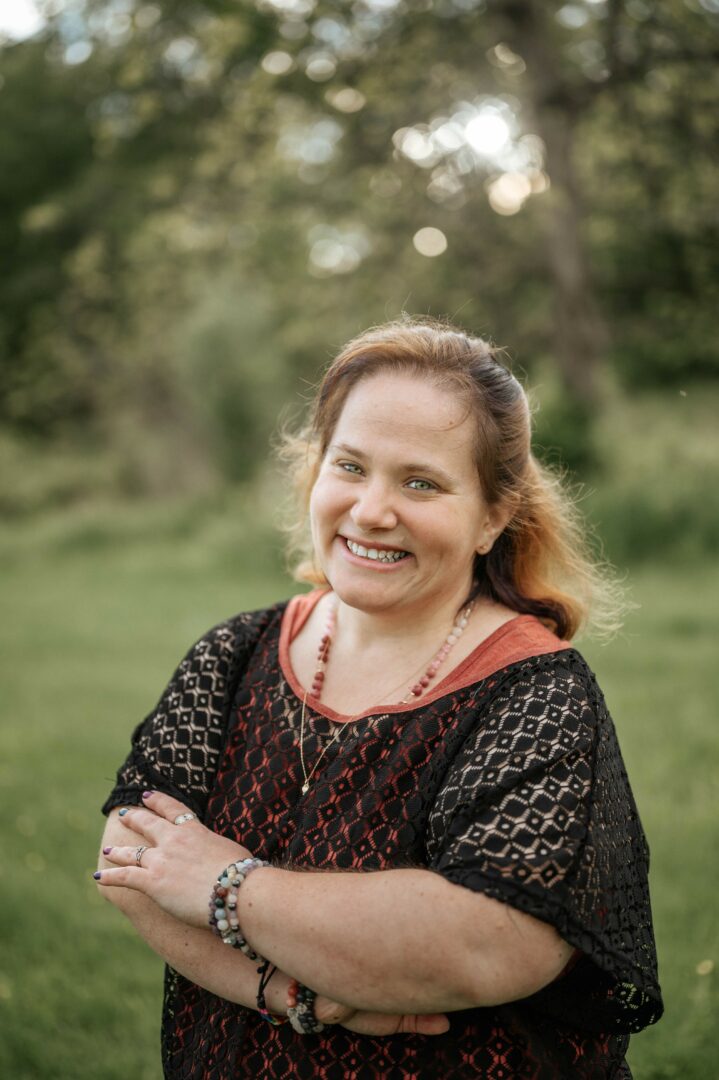Jenn Johnson-Hamer shared their story and experiences with us recently and you can find our conversation below.
Hi Jenn, thank you for taking the time to reflect back on your journey with us. I think our readers are in for a real treat. There is so much we can all learn from each other and so thank you again for opening up with us. Let’s get into it: What is something outside of work that is bringing you joy lately?
I’ve been spending a lot of time in the Catskills the last two years. It was a place I kind of stumbled into (or maybe I was shoved lol), but has been an endless source of peace, contemplation, and undeniable, indescribable, full-body-consuming joy. Something about those mountains just feels like coming home. I feel held and loved and cherished. It is such an incredible feeling. I am so grateful for it, and it has been an absolute game-changer when it comes to my work.
Can you briefly introduce yourself and share what makes you or your brand unique?
My name is Jenn Johnson-Hamer and I am the soul behind Dove and Blackbird. I am a bit of a creative polymath in that I actively create work in writing/poetry/children’s literature, music/songwriting/composing, theatre, visual and digital art, photography, and intention-based products and services, while my “day job” is teaching private voice and piano lessons. My goal, and personal mission, is to help bring hope, healing, and connection to others through art, mindfulness, and intention.
Great, so let’s dive into your journey a bit more. What breaks the bonds between people—and what restores them?
I think the biggest thing that breaks the bonds between people is a violation of trust. This can present in so many ways. It can be in someone not giving the other person space to explain themselves. It can be outright betrayal. It can be wrongful assumptions. It can be intentional (or unintentional) harm or abuse. It can be gaslighting or manipulating someone into believing something untrue. It can be pointed deceit. But ultimately no matter what form it takes, it comes down to a breach in the social contract of trust.
What restores them, I think, is recognition, responsibility, and reform. I know that sounds super clinical, but it’s the simplest way I can describe it. Someone recognizing, or becoming more aware that their words or actions hurt someone else. Broke that trust. Then taking responsibility for those words or actions, acknowledging that they harmed someone else, perhaps offering a sincere apology or taking ownership of the part they played. And then reforming that practice. Changing their words or actions to something that honors and respects the person and the relationship they are trying to rebuild. People can say a lot of things, for a lot of justifiable reasons. But until the words and actions, that they are fully responsible for, are changed, the other person is not necessarily in a space where they can trust that it won’t happen again.
At the same time, I think it’s really important for both parties to give each other a little grace. People make mistakes, for a lot of reasons. People get triggered and act out. People receive things in ways they were not intended. Miscommunication is very real. And the more we can be mindful of ourselves and our interactions with others, the more we can connect with each other, and the more we can build, or rebuild, those relationships that are important to us.
(Note: Abusive or dangerous situations are a different story. And, as someone who has been there, please do whatever you can to help find your way out. That is not a violation of trust. That is your health and safety.)
When did you stop hiding your pain and start using it as power?
In the past few years, I have been doing a lot of work with vulnerability. My own in particular. I spent decades suffering alone through pain, traumas, identity, love, mental health, spiritual health, and more. I always felt ashamed. Like I needed to hide; hide myself, hide my “issues,” like I wasn’t worthy of being heard, seen, or believed.
But every time, and I mean every single time, I came across a poem or a song or a piece of art born from a same or similar place to my own, I felt… seen. Heard. Acknowledged. Like I wasn’t alone. The experience, every time, was so profound that it slowly began altering my way of life, and my way of creating. Little by little I have been sharing more of myself. I have an instrumental EP coming out this fall that is an auditory experience of my own journey and how I have felt while going through it. My first children’s book, which was released this past June, presents a piece of my life in a way that allows others, children and adults alike, to feel like their voices, their power, their MAGIC… matters. That one person can in fact change the world. And I have several other artistic projects at various stages of development right now that are aiming to do the same.
As a society, we have been taught to be hard. To suffer in silence. Those of us who have experienced various forms of abuse, bullying, and unhealthy relationships have learned and been made to become small. But all that does is isolate us and trick us into thinking that no one else could possibly understand, when the truth is, we have ALL suffered in some way. We have ALL experienced heartbreak, grief, and pain. There is more that unites us than divides. But in order to see it, in order to FEEL it, someone has to be willing to “go first.” Someone has to start the ball rolling, open the door, step up to the mic (choose your favorite metaphor lol). And as I have been so moved by those who have come before me, I have finally begun adding my voice to the chorus.
So a lot of these questions go deep, but if you are open to it, we’ve got a few more questions that we’d love to get your take on. Whom do you admire for their character, not their power?
That honor goes, unequivocally, to Steve Burns. (Actor, writer, musician, predominantly known for Blue’s Clues, host of the new podcast Alive with Steve Burns).
Steve Burns has had an interesting career arc: from beloved children’s show host to disappearing for years, from being rumored dead (in some of the worst ways imaginable) to being celebrated in a viral video, from his TikToks checking in to his new podcast offering space to those who want and need to listen. To talk.
Steve has never been a power-hungry macho celebrity (in fact, he’s gone on record calling himself “Fame-ish” in a story told through The Moth). In recent years, he’s begun sharing pieces of his story in the hopes of bridging gaps in understanding, bringing mindfulness to our online interactions, offering compassion to our selves and others, and slowly creating a community where we belong. In a country/culture/society/world where we can feel bulldozed, canceled, overstimulated, and manipulated, his spaces offer peace. Understanding. Compassion. He offers a gentle life raft when we desperately try not to drown, a hand up when our limbs are thrashing to stay afloat. While we find ourselves surrounded by toxicity, he’s there embracing softness and vulnerability, honoring the spaces we’re in (and always telling us we look great because, let’s be honest, do any of us ever actually feel that way?)
He has an audience, he has ears and eyes – and he has never used it to wound; he has only used it to help.
He embodies all I wish to be and offer this world. In my own way, I hope to provide connection and community, just as he does. Through art and music, through word and reflection. I want to offer space to hear and to heal. To help others find their way and find their place. To know they’re not alone. If all I do is help one person feel that way, for just a moment, then I will feel successful.
Before we go, we’d love to hear your thoughts on some longer-run, legacy type questions. What do you understand deeply that most people don’t?
That everyone has a story.
That those stories shape us. Embrace us. Alienate us. Hold us. Trigger us. Support us. Destroy us. Unmake us. And Remake us.
That those stories interact and interlace with the stories of others and help weave the tapestry that is our lives.
That we get to control those stories, and what we do with them.
That we are charged with hearing and understanding the stories of others and using those stories to build better.
That the people lashing out the hardest are often the ones who never felt like they belonged. That the ones who grasp for power and control are the ones who were most beaten down and bruised. That core wounding begins in our early years and we carry that weight throughout our entire lives. That through reflection and inner work, mindfulness and intention, counseling and integration, and self-honesty, we can face those stories, and fit and frame them to serve as the foundation of who we truly want to be.
Every story has its place. Everything serves its purpose. I do not believe everything happens for a reason, but I believe we can make the best of anything that is handed to us. That our deepest wounds can offer the greatest healing and the best opportunities to connect with another human being. I believe that the arts are the gateway to help us access those pain points we otherwise may not be able to reach. And I believe that unity and community are essential for humanity to survive. If we are not offered it, then we must create it. If it is taken from us, we must fight for it, strengthen it, restore it.
And we can do this by telling our stories. Sharing our stories. Not being afraid to use our voices, our talents, our art.
As The Doctor once said, “We’re all stories in the end. Just make it a good one, eh?”
Contact Info:
- Website: https://www.doveandblackbird.com
- Instagram: https://instagram.com/doveandblackbird
- Facebook: https://facebook.com/doveandblackbird
- Youtube: https://youtube.com/@doveandblackbird
- Other: jjhdoveandblackbird.substack.com
threads.com/@doveandblackbird
goodreads.com/jjh_db
etsy.com/shop/doveandblackbird
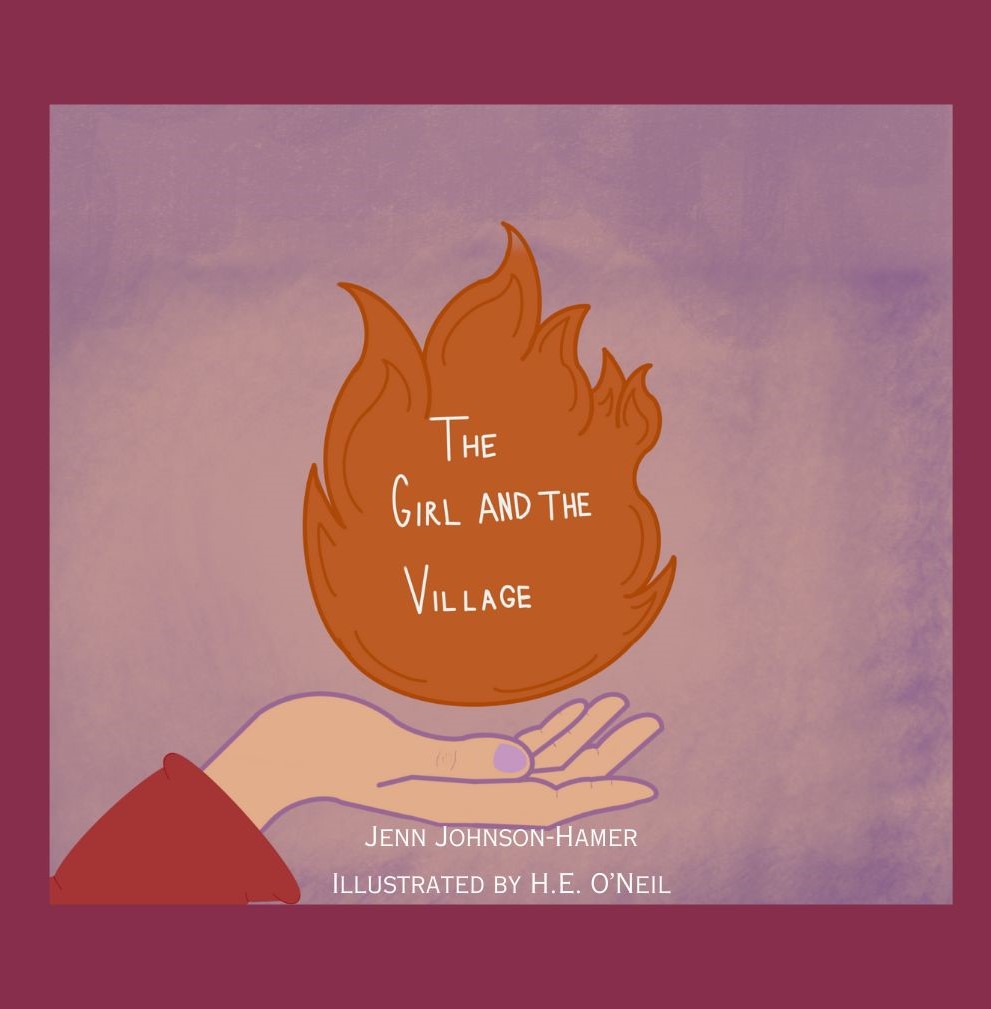
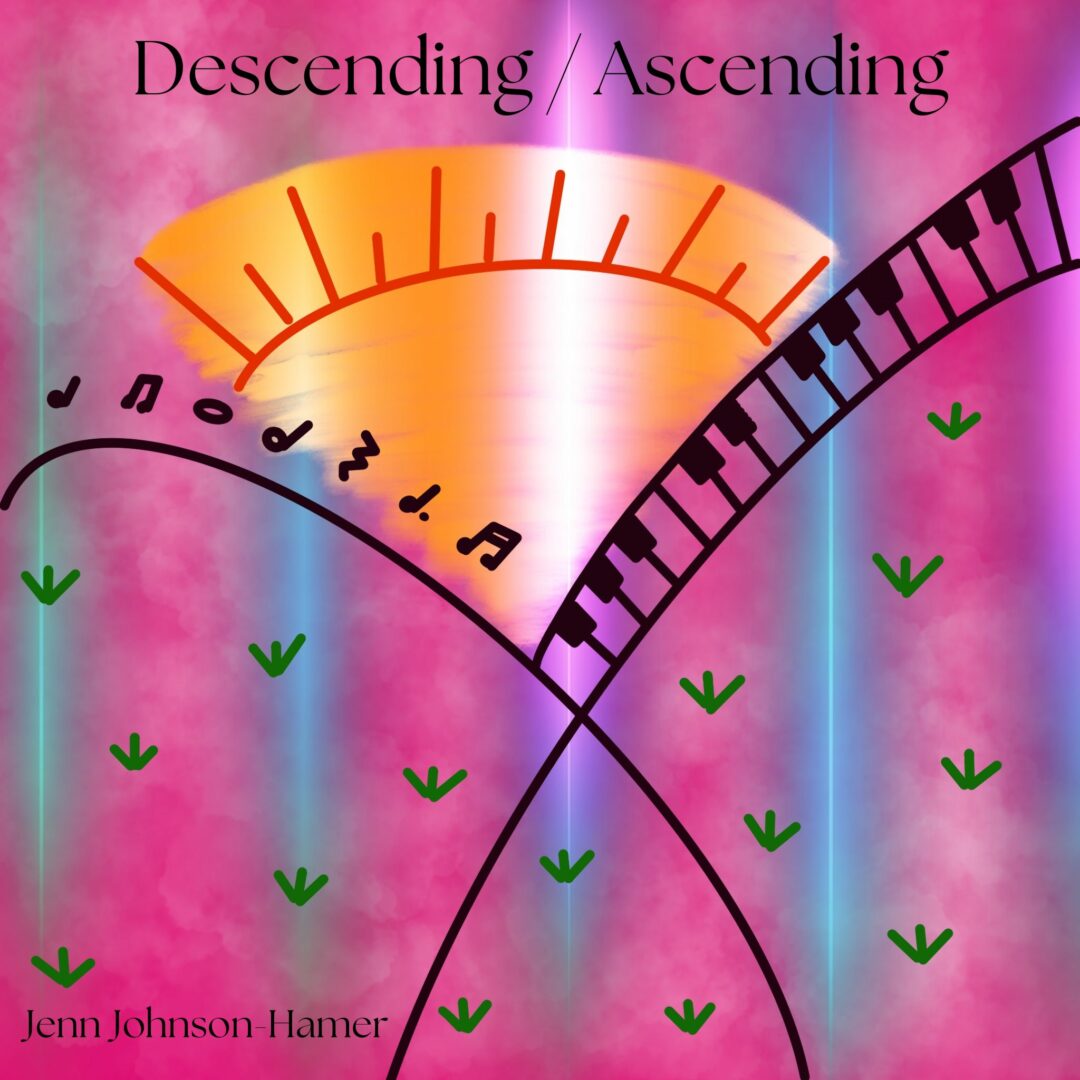
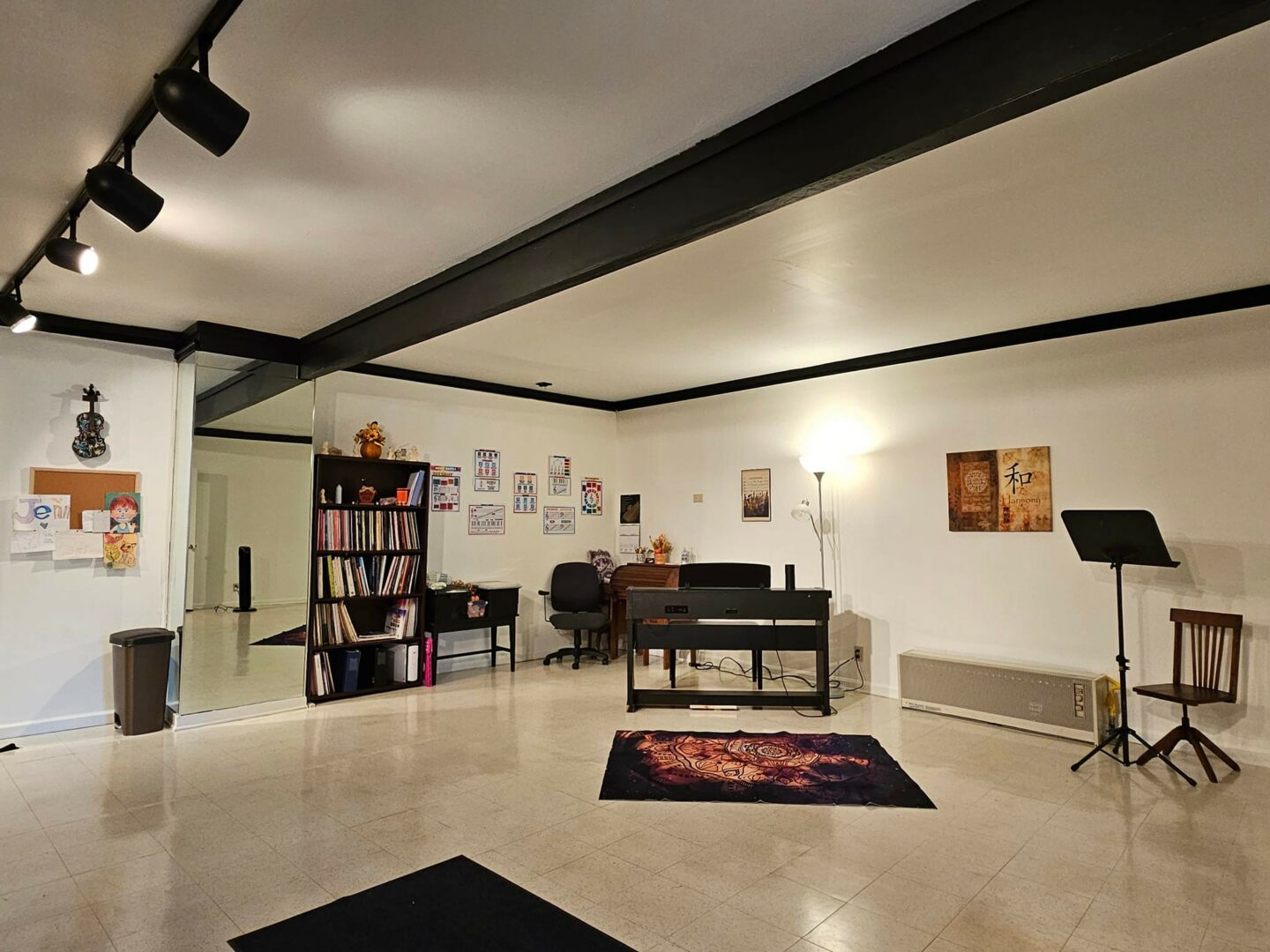
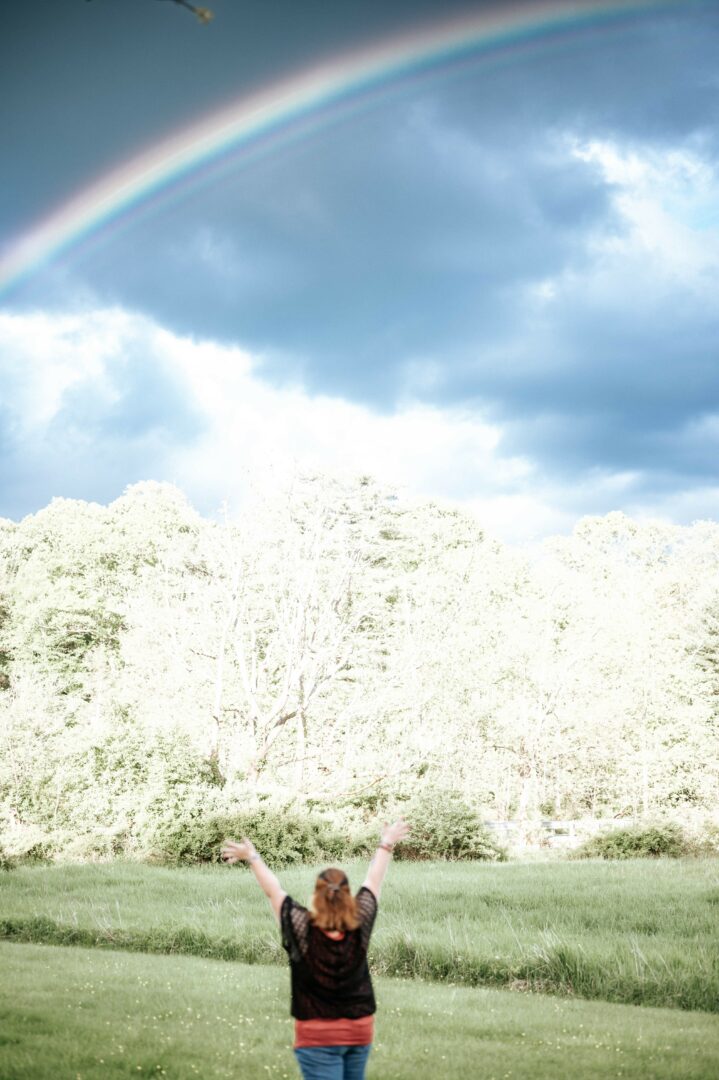
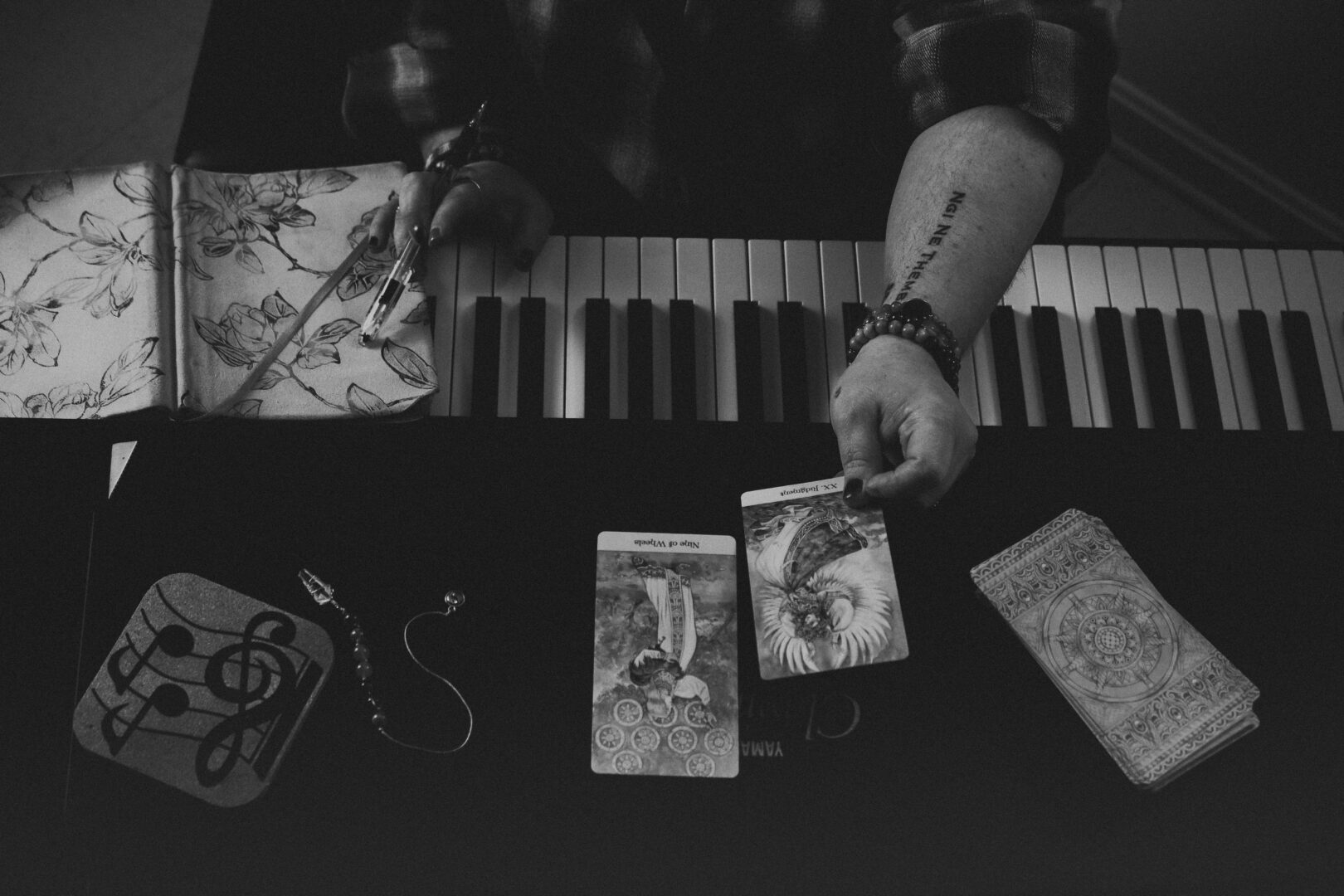
Image Credits
Lee Ann Manzoni
Bonnie Sullivan
H.E. O’Neil
Jenn Johnson-Hamer
so if you or someone you know deserves recognition please let us know here.

